Animals
-
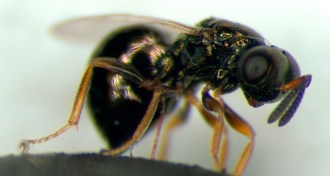 Animals
AnimalsGut microbes may put barrier between species
Wiping out gut bacteria in wasps saves crossbred offspring from death, suggesting that microbes may play a role in speciation.
By Susan Milius -
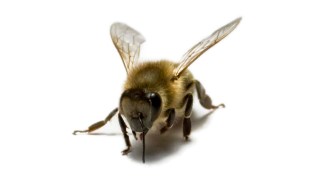 Animals
AnimalsHoneybees use right antennae to tell friend from foe
Asymmetry in sense of smell alters insects' behavior in lab tests.
-
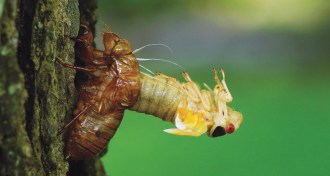 Animals
AnimalsCicadas’ odd life cycle poses evolutionary conundrums
Scientists are getting an idea about the odd family tree of periodical cicadas, how the insects synchronize their life cycles and why they breed side-by-side with others unsuitable for mating.
By Susan Milius -
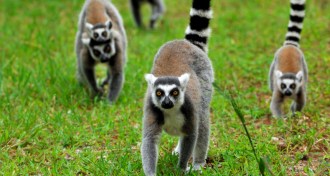 Animals
AnimalsLemurs’ group size predicts social intelligence
Primates that live with many others know not to steal food when someone is watching.
-
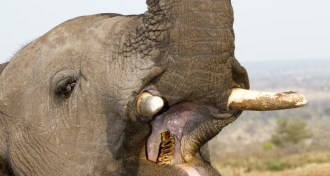 Animals
AnimalsElephant diets changed millions of years before their teeth
The animals fed on grasses long before their molars could grind the tough plants.
By Erin Wayman -
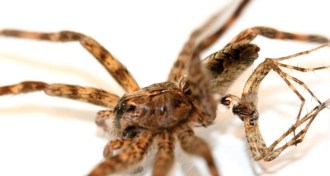 Animals
AnimalsIn dark fishing spiders, males’ postmating nap is permanent
Species prepares for two pairings but goes into a fatal coma after a single encounter.
By Susan Milius -
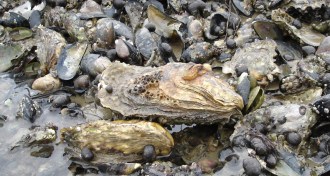 Animals
AnimalsOysters may struggle to build shells as carbon dioxide rises
Ocean acidification could hamper larvae's growth.
By Erin Wayman -
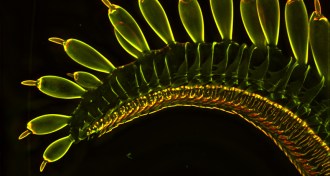 Animals
AnimalsButterflies’ tidy drinking tricks
The long tube of the insects' mouthparts is fluid friendly only at the tip.
By Susan Milius -
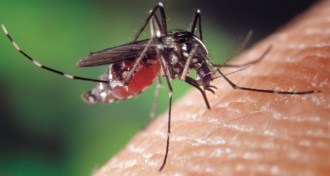 Animals
AnimalsIn the Eye of the Tiger
Global spread of Asian tiger mosquito could fuel outbreaks of tropical disease in temperate regions.
-
 Animals
AnimalsNow-extinct wolf may be ancestor of modern-day dogs
No strong signs of canine ancestry among living grey wolves.
-
 Animals
AnimalsLyrebirds dance to their own music
In mating display, male birds match moves to songs.
By Susan Milius -
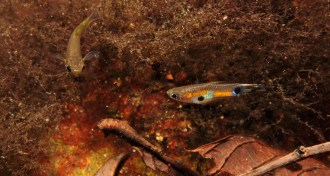 Animals
AnimalsDead, live guppies vie for paternity
Females can use sperm months after mates go belly up.
By Susan Milius